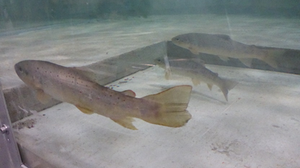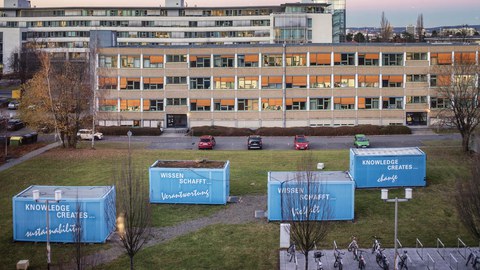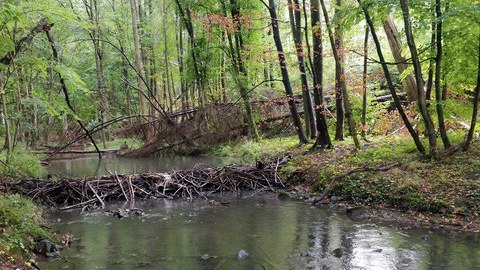Research in hydraulic engineering
Research in hydraulic engineering means first and foremost: Working with models - physical, analytical or numerical experiments, calculations and simulations.
 © IGF Jena
© IGF Jena
The Chair’s research spectrum
The Chair of Hydraulic Engineering with the affiliated Hubert Engels Laboratory conducts both fundamental and contract research on hydraulic engineering topics, such as
- Hydraulics of hydraulic engineering installations (dams, reservoirs, dykes, dams, weirs, locks, culverts, hydroelectric power plants, pipelines, fittings),
- Stream hydraulics (especially during low and high water in urban areas, interaction between flow - vegetation - morphology, natural bank protection),
- River and lake morphology (especially sediment management, bank protection, wind influence),
- Waterway engineering (especially ship-induced loads on waterways, navigability analyses),
- Eco- and ethohydraulic processes and conditions (habitat assessment, fish migration aids).
For this purpose, we use and develop multi-scale numerical methods (CFD), carry out both physical model tests in the affiliated Hubert Engels Laboratory and in-situ field tests, and apply analytical and so-called hybrid, coupled methods.
Our research focuses on urban flood risk management, near-natural watercourse development and watercourse assessment using habitat modelling, and fish passability at transverse structures using ethohydraulic analyses and functional checks.




